THE WARSAW INSTITUTE REVIEW / ISSUES / no. 4/2018
CONTENTS
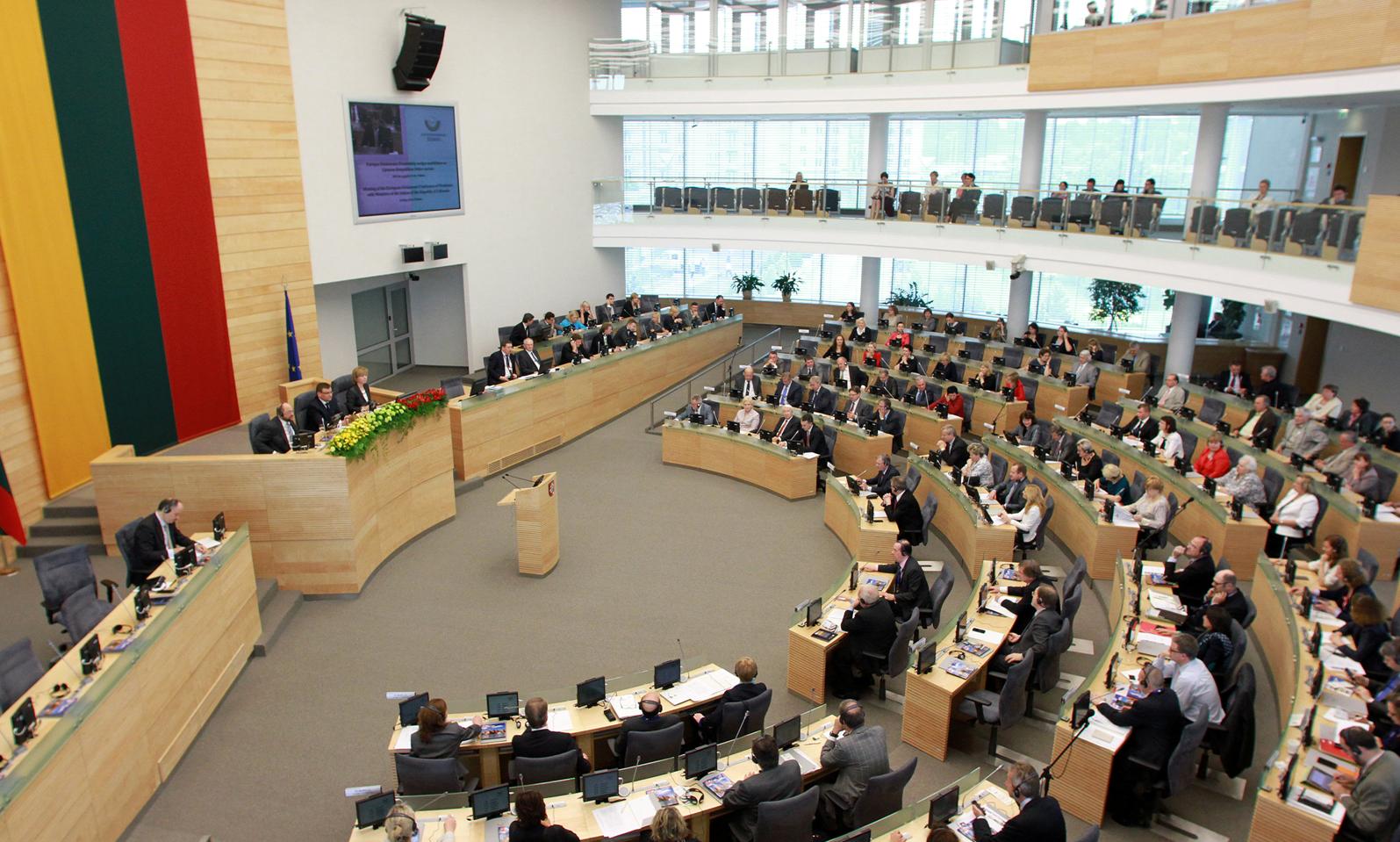
Hostile propaganda: how it affects Lithuanian society?
State-sponsored propaganda, which in recent years has become a more visible phenomenon, is never spread just for its own reasons. It is either part of a broader foreign policy toolbox or part of the new hybrid warfare, thus pursuing deeper goals.
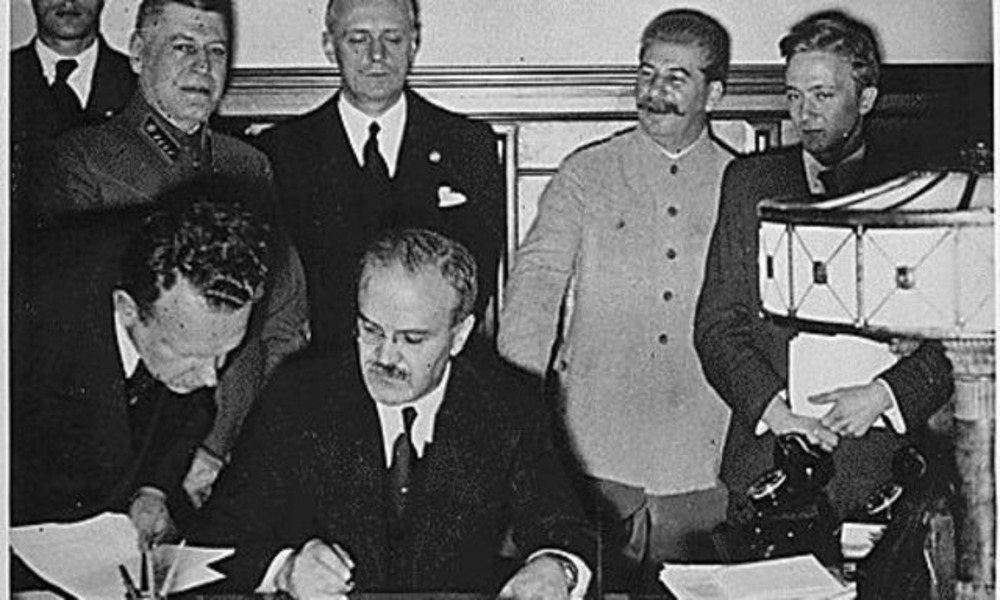
A post-war war. The years of 1944–1963 in Poland.
Poland was the first country in Europe to experience World War Two, which begun on 1 September 1939. Poland was also the first country to engage in armed combat with the joined forces of Nazi Germany and the USSR in their attempt the change the world order.

Expenditure on cybersecurity of the Visegrad Group countries
Nowadays, cyber threats have become increasingly strategic in nature, covering all activities of the state, including its security and defense system.
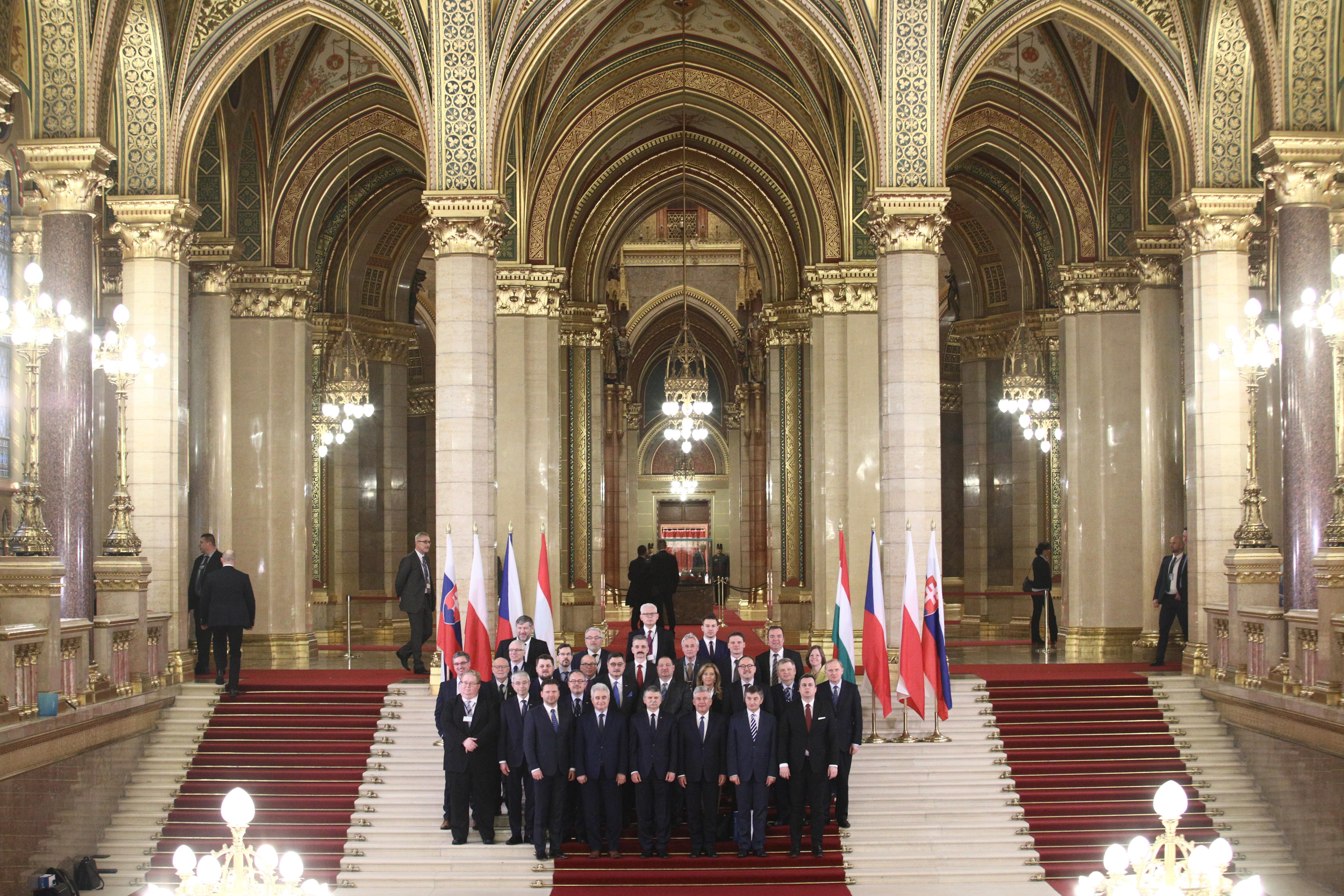
V4 countries towards Russian aggression against Ukraine
The establishment of the Visegrad Group was a response to the new challenges that Poland, Czechoslovakia, and Hungary faced after another European spring of nations.
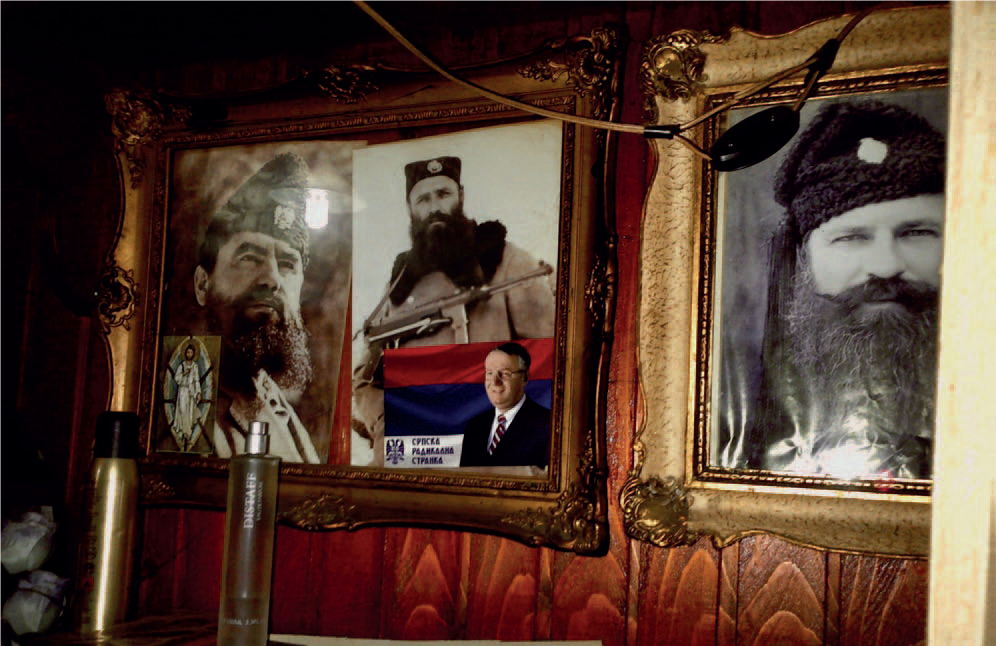
The Balkan Melting Pot
Talks about current border pluralize between the Republic of Serbia and the Republic of Kosovo risk escalating the simmering ethnic conflict between the two. Following its unilateral declaration of independence 10 years ago, Kosovo has been indefatigable in its effort to become a full-fledged member of the international community.
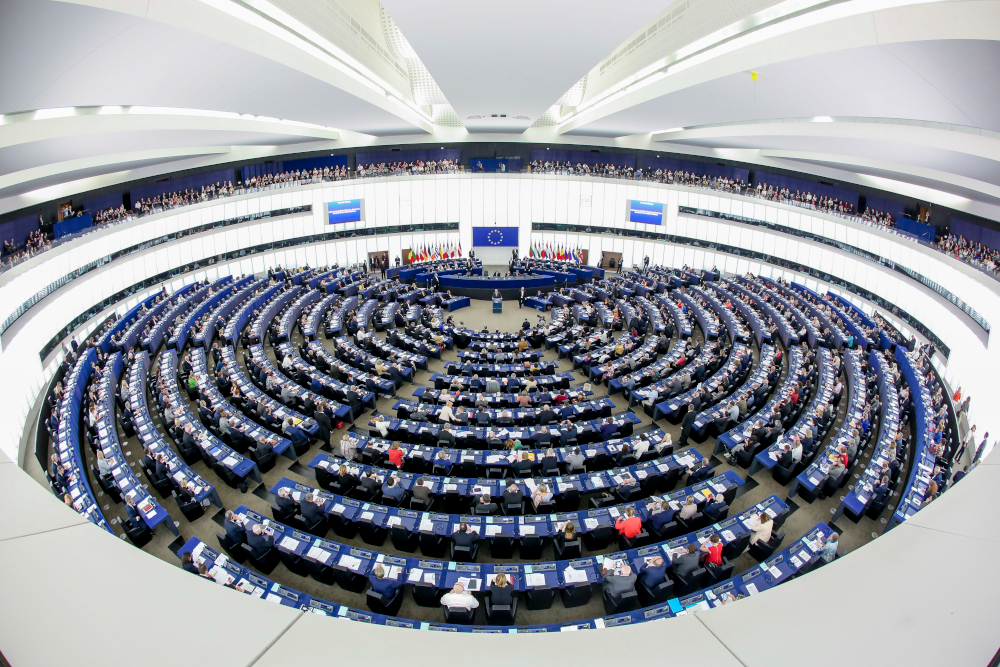
On Democracy in Europe
Democracy constitutes the core of Europe’s political culture . At the same time, it is endangered by the ongoing processes of European integration. As for the European Union, it has no proper legitimacy while such phenomenon is referred to as a democratic deficit.

Why Destroy the Nation State?
Neoliberals, who seem today fully committed to fighting against any manifestations of nationalism, do not know what they are doing. Their victory would be considered tantamount to destroying all foundations of our social life. Deprived of a nation state organism, Western societies are destined to plunge into unimaginable chaos.

The Visegrad Group in the security architecture of Europe
While attempting to understand the role of the Visegrad Four (V4) in the security policy of Central Europe or, more broadly – the North Atlantic Treaty, it should not be forgotten that the Visegrad Group is a strictly political and not defensive project.
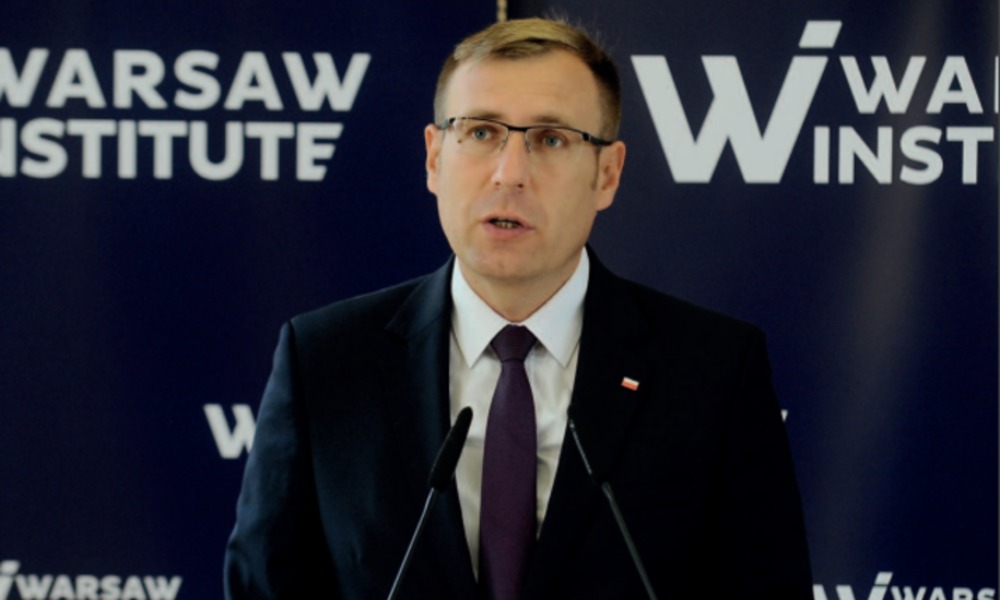
V4: “It’s good to be among friends”
The Visegrad Group is proof that it is possible to create friendly ties in international politics. These ties connect Poland, the Czech Republic, Slovakia, and Hungary – the Visegrád Four (V4). The strong relationships are built on newer and older common history, a shared geographical neighborhood, vivid contacts – both social and sometimes even familial, economic cooperation – but above all, an awareness of our common interests.
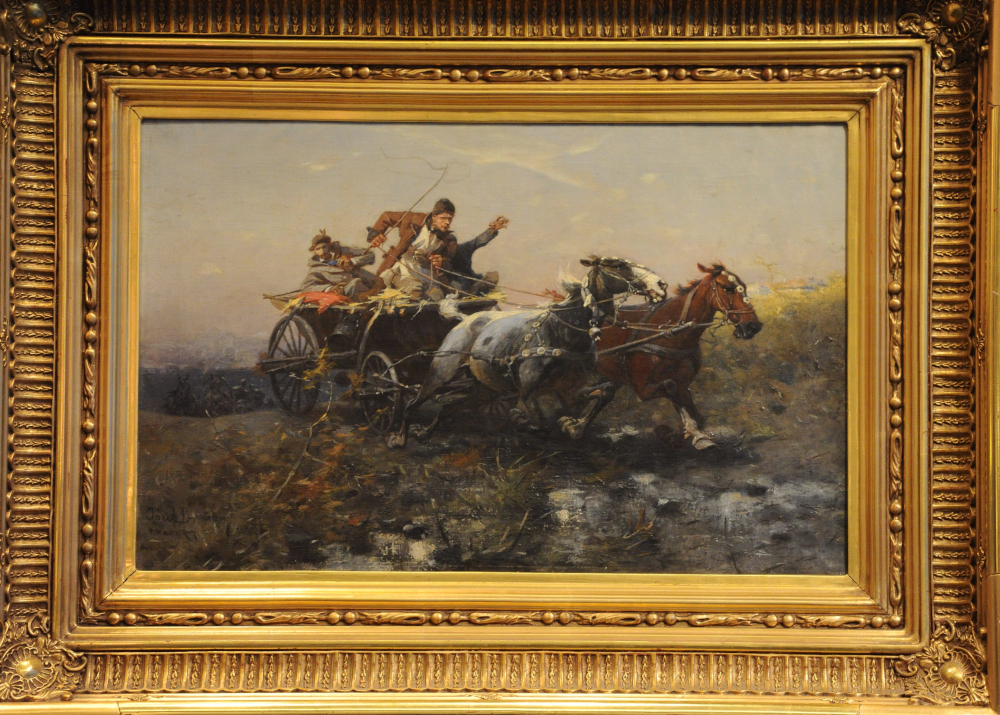
The Kresy: Józef Brandt in search of painterly inspiration
The Kresy, its events and genre scenes are perhaps the most defining topics of Józef Brandt’s oeuvre.
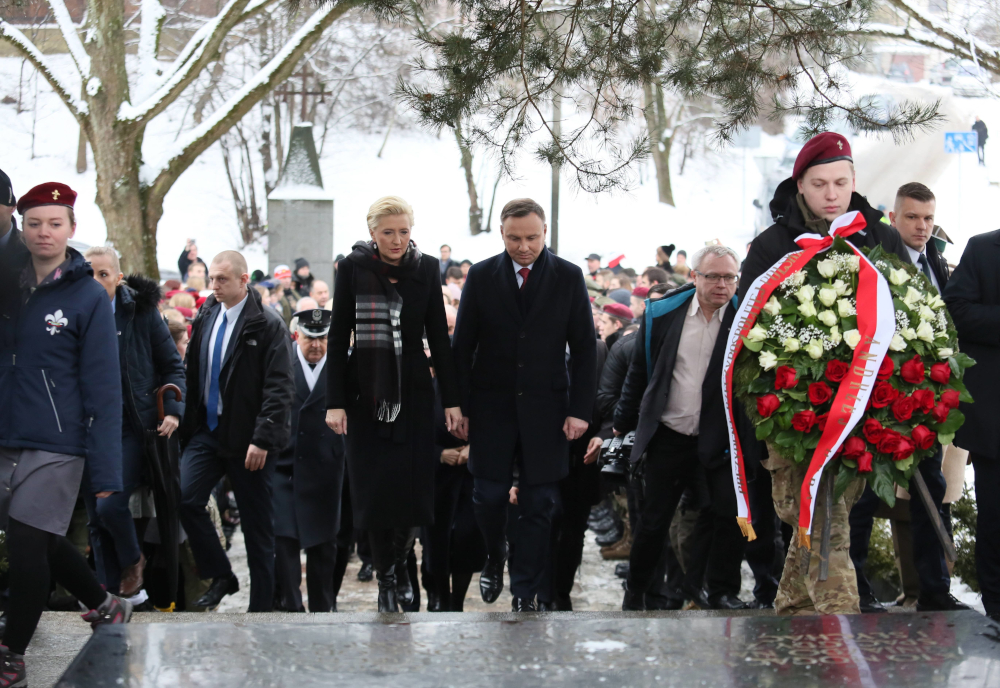
Warsaw-Vilnius Relations as a Common Matter: the Polish Ethnic Minority in Lithuania
“Lithuania, my country!” – these words were written by Adam Mickiewicz, a Polish poet and independence activist, in the first half of the 19th century to refer to his homeland. While today, despite much political turmoil and after many years, similar exclamations can still be heard from the 200,000 or so Poles living in Lithuania.
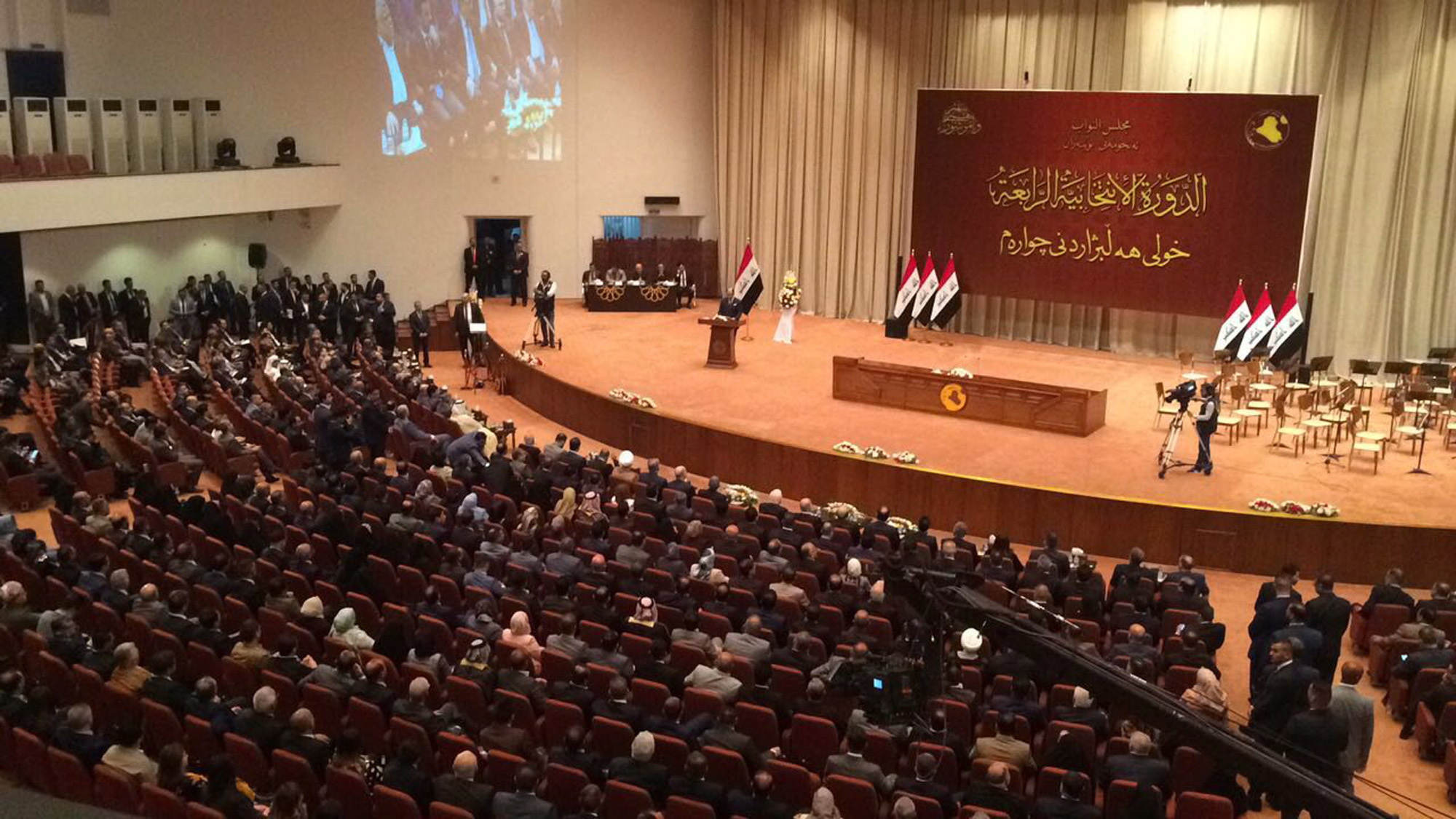
Is Iraq set to become the future regional superpower?
At present many regard Iraq as a fallen state. Therefore, the title question seems to be perfectly absurd.

















